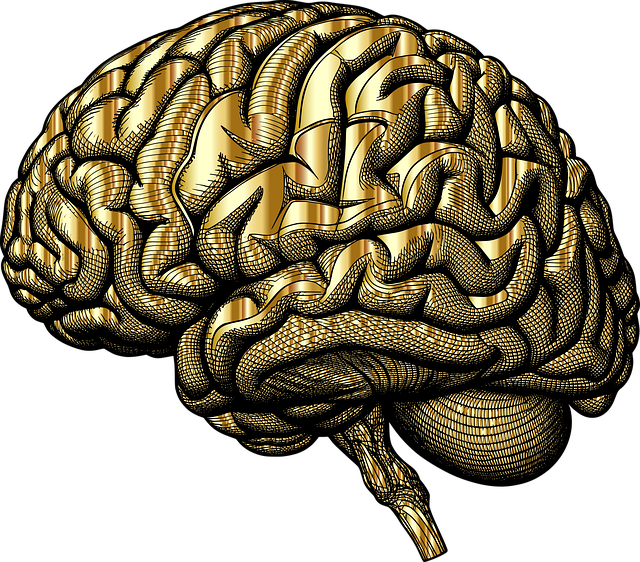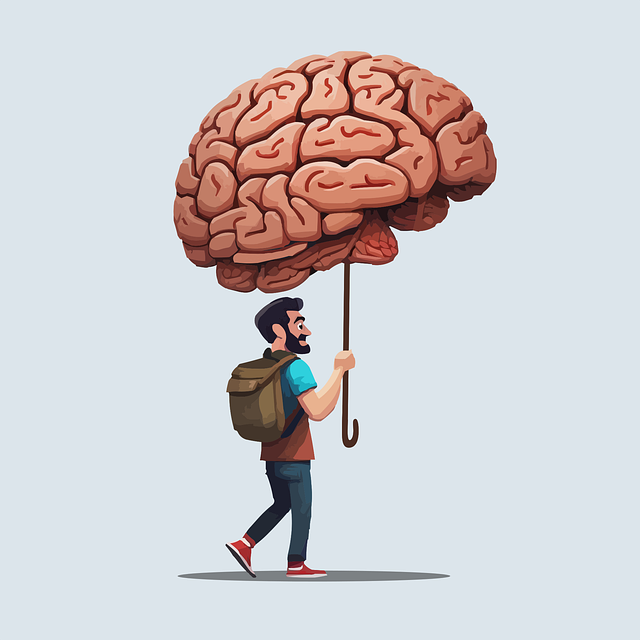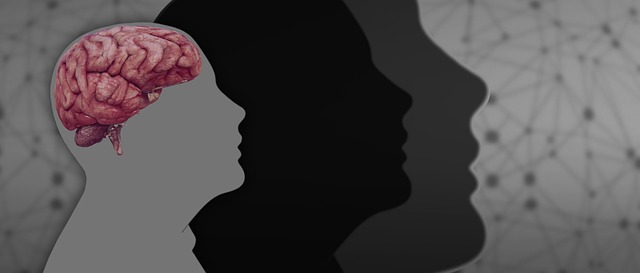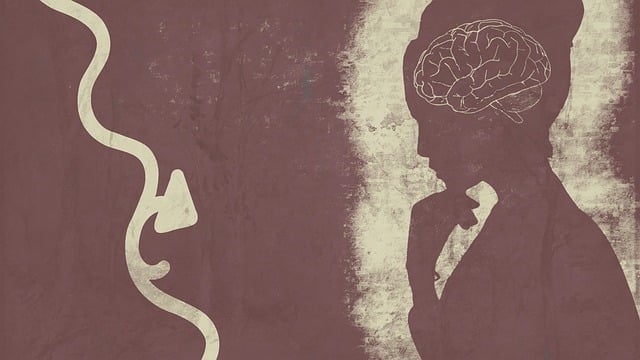Early intervention through specialized therapy is vital for young children with trauma, especially those with ADD/ADHD. Therapists should differentiate between disorder symptoms and trauma coping mechanisms, focusing on coping skills and inner strength. Techniques like empathy building, mindfulness-based therapies, and crisis intervention (e.g., TF-CBT) promote emotional regulation, open communication, and unlearning of unhealthy behaviors, fostering resilience. Combining these approaches with burnout prevention ensures effective support for both trauma and ADD/ADHD in young clients.
Trauma can significantly impact young children’s development, affecting their ability to regulate emotions and interact with others. This article explores the critical role of trauma support services in aiding these vulnerable individuals. We delve into understanding trauma’s effects on young minds, particularly its intersection with Attention Deficit Disorder – Attention Deficit Hyperactivity Disorder (ADD-ADHD). By examining effective therapy approaches tailored for this population, we highlight strategies to enhance their emotional well-being and overall development, focusing on evidence-based practices in therapy for young children ADD-ADHD.
- Understanding Trauma and Its Impact on Young Children
- Identifying ADD-ADHD in the Context of Trauma
- Effective Therapy Approaches for Supporting Young Children with ADD-ADHD who Have Experienced Trauma
Understanding Trauma and Its Impact on Young Children

Trauma can profoundly affect young children, leaving a lasting impact on their mental wellness and overall development. It’s crucial to understand that trauma isn’t simply a one-time event; it’s a response to a perceived or actual threat to a child’s safety, which can result in long-term behavioral and emotional issues. Children who experience trauma may exhibit symptoms such as anxiety, aggression, withdrawal, or difficulty concentrating—often signs of underlying ADD/ADHD.
Early intervention is key to mitigating these effects. Therapy for young children, particularly those with ADD/ADHD, often incorporates mental wellness coaching programs that focus on developing emotional intelligence and stress management skills. These strategies empower children to understand and regulate their emotions, fostering resilience and promoting healthy coping mechanisms.
Identifying ADD-ADHD in the Context of Trauma

In the context of trauma support services, particularly for young children, identifying Attention-Deficit/Hyperactivity Disorder (ADD-ADHD) requires a nuanced approach. Many individuals experiencing trauma may exhibit symptoms similar to those diagnosed with ADD-ADHD, such as difficulty focusing, hyperactivity, and impulsivity. However, these behaviors could also be coping mechanisms developed in response to adverse experiences. Therapists must exercise empathy and employ strategies that foster coping skills development while building inner strength. This approach ensures that any underlying trauma is addressed alongside the presentation of ADD-ADHD symptoms, providing comprehensive support for the child’s holistic healing.
By integrating empathy building strategies into therapy sessions, practitioners can create a safe space for young clients to express their emotions and navigate their experiences. This empathetic environment facilitates open communication, enabling children to understand and manage their feelings effectively. As they develop these coping skills, they can begin to unlearn unhealthy behaviors associated with trauma, fostering resilience and a sense of control over their lives.
Effective Therapy Approaches for Supporting Young Children with ADD-ADHD who Have Experienced Trauma

Supporting young children with Attention Deficit Hyperactivity Disorder (ADD-ADHD) who have experienced trauma requires tailored therapy approaches that address both conditions simultaneously. One effective method is Mindfulness-Based Therapies, which integrate compassion cultivation practices to enhance emotional regulation and focus. These techniques teach children to acknowledge their feelings without judgment, fostering a sense of safety and calming their reactive responses.
Additionally, Crisis Intervention Guidance plays a pivotal role in providing immediate support during acute distress. Trained professionals can employ strategies like trauma-focused cognitive behavioral therapy (TF-CBT) to help children process traumatic memories, manage anxiety, and develop coping mechanisms. By combining these evidence-based practices with burnout prevention techniques, therapists ensure they can effectively meet the unique needs of young ADD-ADHD individuals while mitigating the risk of professional exhaustion.
Trauma and Attention-Deficit/Hyperactivity Disorder (ADD-ADHD) are complex issues that significantly impact young children. By understanding the profound effects of trauma on brain development, we can better identify and support these young minds. Recognizing the overlap between ADD-ADHD symptoms and trauma responses is crucial for effective therapy. Through evidence-based practices, such as cognitive behavioral therapy and sensory integration, therapists can create safe spaces to help children process traumatic experiences while managing their ADD-ADHD symptoms. Early intervention and specialized care are key to fostering resilience and enhancing the overall well-being of young children affected by trauma.














